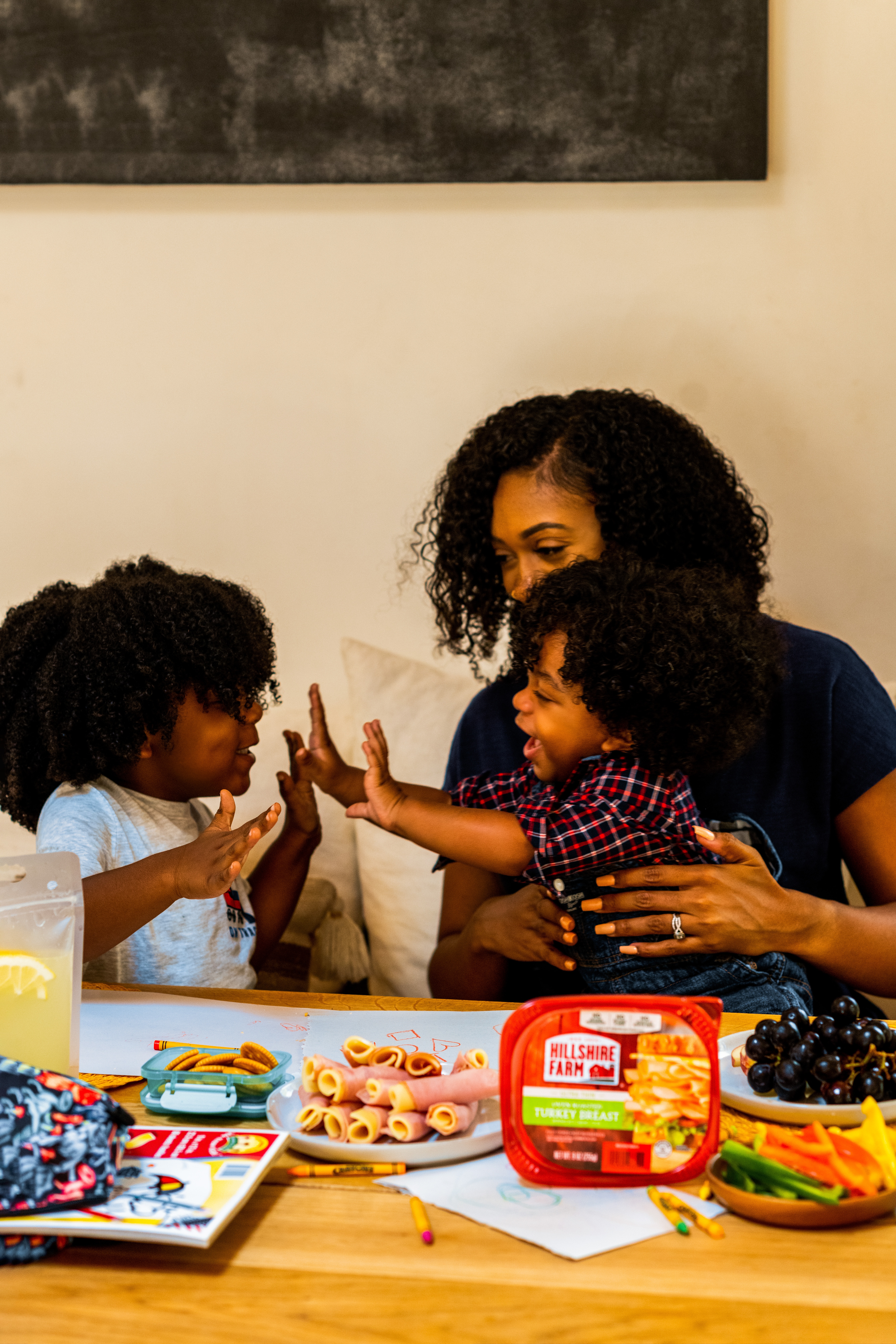Playfulness with Your Child as a Vital Tool for Connection

As parents, we often get caught up in the hustle and bustle of family life. We can easily fall into “autopilot” mode between early wake up times for school and work, rushing to activities and appointments, and getting things ready for the next day. Even though we try our best to be present, it is only natural that as we are lost in thought, we may forget to be playful.
Being playful is not about nodding and smiling disingenuously to whatever your children have said for the third time in a row. It is also not about bringing out their favorite toys for them to entertain themselves. There is absolutely a time and a place for these methods, but we also need to carve out time for deliberate playfulness.
Being playful is one of the most vital gifts we can give our children. Being playful means connecting and helping them feel understood, seen, and important. It means letting your guard down, being silly, and remembering what it feels like to be a child. It involves following your child’s lead and noticing what helps bring a sparkle to their eyes. If your children are vying for your attention when you feel that you are drowning in house work, then it is likely that giving them just 10-15 minutes of fully present playtime can help them feel loved and attended to. Once their emotional and playful meter has been filled, it may be easier to proceed with your other tasks.
Of course every child is different, so they may need slight variations of play times, and they may feel fulfilled by different forms of play. Although there are a ton of resources online about what activities to engage in with your kids, what is most important is that you “meet them where they are” and that you engage in things that will allow for reciprocal play.
With a baby or toddler, this type of back and forth playfulness could be done with the classic game of peek-a-boo, or with singing along to your favorite songs and pausing to let them finish the line of a song.
With an elementary aged child, playing chase or making silly, unexpected moves could catch them off guard and help them bond and connect through laughter. They may also enjoy “acting out” their day with their toys as you include yourself in their storyline. This could lead you to learn invaluable information about how they feel about themselves.
Teenagers may be a bit tougher to engage in play at times since teens are in a unique developmental stage in which they are naturally starting to pull away more from parents, while still needing lots of support. Creating a secret handshake or code word together, or watching funny videos together could help to sneakily incorporate playfulness. Not sure you understand their sense of humor? Ask them to explain it! Be receptive and open-minded to memes and other media that they may be interested in sharing with you.
Children and teens of all abilities and personalities thrive off of playfulness. The key is to find a few minutes to be mindful and present with them, and to truly, genuinely, delight in who they are.
